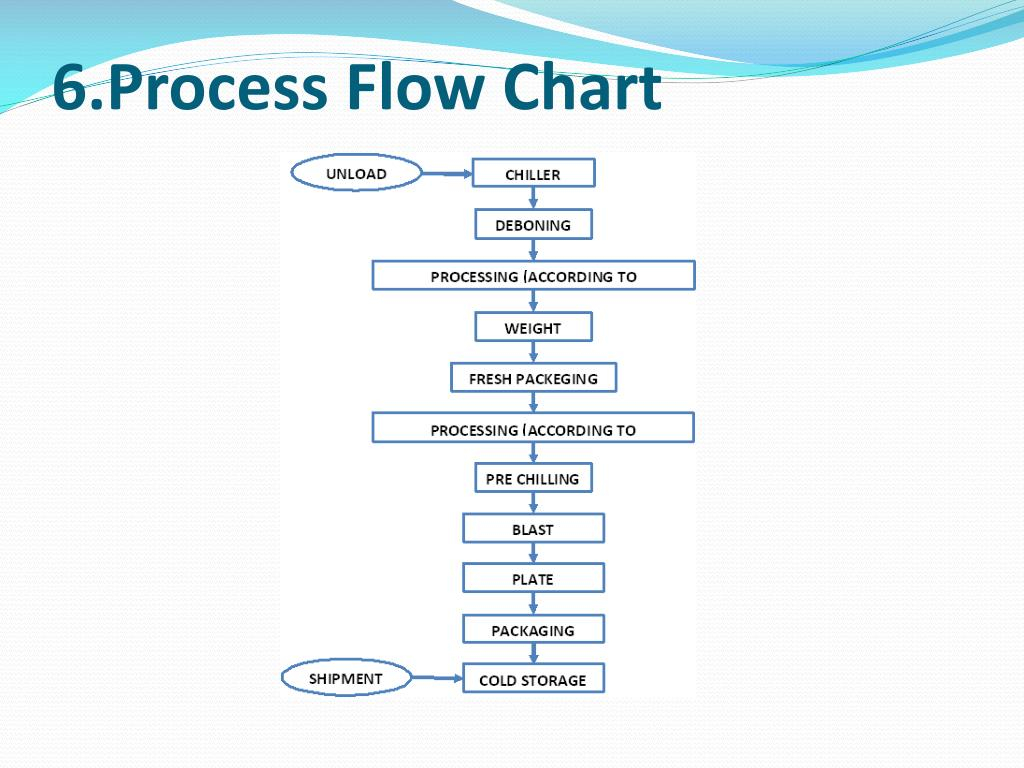Flow charts are essential tools used in the food industry to visually represent the steps involved in food production, processing, and distribution. These charts provide a clear and organized way to understand the flow of food from farm to table. By using flow charts, food companies can streamline their processes, identify potential bottlenecks, and ensure food safety and quality at every stage.
A typical food flow chart includes various components such as raw materials, processing steps, packaging, storage, transportation, and distribution. Each component is represented by a specific symbol or shape, making it easy to follow the flow of food through different stages. For example, a rectangle may represent a processing step, while a circle may denote storage or refrigeration. Arrows are used to show the direction of flow from one component to another.
Flow Chart About Food
Benefits of Using Flow Charts in Food Industry
Flow charts offer several benefits to the food industry, including improved efficiency, better communication among team members, and enhanced decision-making. By visualizing the entire food production process, companies can identify areas for improvement, reduce waste, and ensure compliance with food safety regulations. Flow charts also help in training new employees and troubleshooting any issues that may arise during production.
